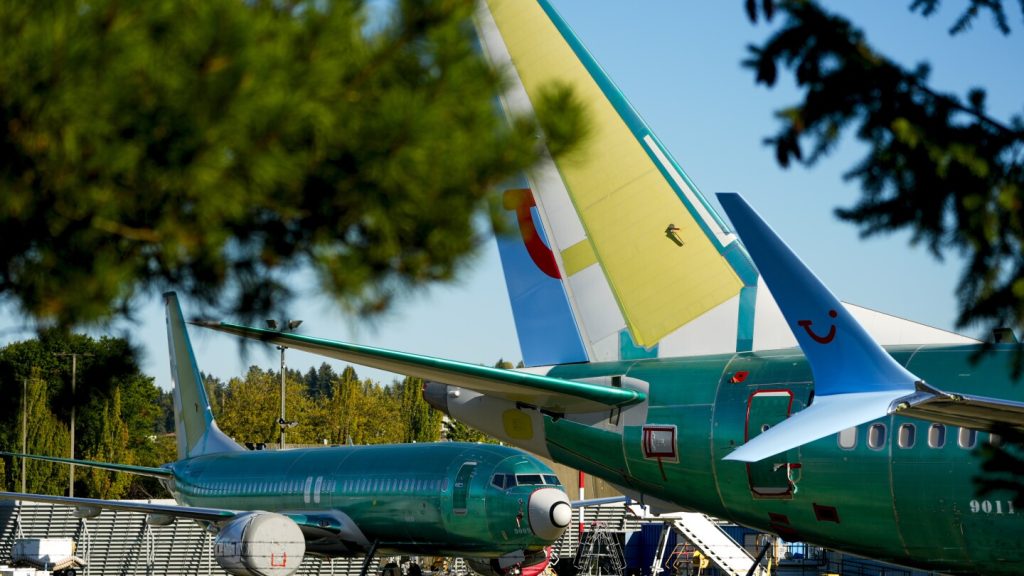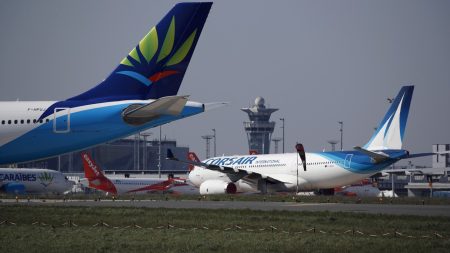Boeing and the union representing striking machinists have reached a new contract proposal in an effort to end the month-long strike that has affected production of airplanes. The International Association of Machinists and Aerospace Workers announced plans for a ratification vote on Wednesday. The new offer from Boeing includes a 35% pay increase over four years, up from the previous offer of 30%, as well as a higher ratification bonus of $7,000 per worker. While the new offer does not restore a traditional pension plan, it does increase contributions to 401(k) retirement plans and retain performance bonuses that Boeing had wanted to eliminate.
Union district presidents expressed appreciation for the improved proposal, acknowledging the dedication of the striking workers and the support they have received. Boeing also welcomed the opportunity for employees to vote on the negotiated proposal. Acting Labor Secretary Julie Su played a role in helping to produce the new offer, highlighting the Biden administration’s concern about the strike’s impact on the economy. Some of the deal’s specifics, such as when workers would return to work if the proposal is approved, will be determined in the upcoming vote.
The strike by 33,000 members of IAM District 751 began on September 13 after the majority voted to reject an earlier Boeing offer. Despite falling short of the union’s desired 40% pay raise, union leadership had initially supported the offer. Following this rejection, union officials did not move forward with a membership vote on a subsequent Boeing offer. The new proposal, however, offers an annual pay raise totaling 39.8% when compounded. The strike has affected production of Boeing 737s, 767s, and 777s in Washington state, Oregon, and California, while Dreamliners continue to be built at a nonunion plant in South Carolina.
The strike has prompted Boeing CEO Kelly Ortberg to announce layoffs and seek financial reinforcement through stock or debt. Suppliers like Spirit AeroSystems are also feeling the effects, with plans to furlough workers and consider layoffs if the strike extends further. The negotiations between Boeing and the union highlight the challenges faced by both sides in reaching a resolution that satisfies the needs and demands of the striking workers. The outcome of the upcoming ratification vote will determine whether the proposed agreement is accepted and production can resume, allowing Boeing to address its financial challenges and get back on track with its aircraft manufacturing operations.















